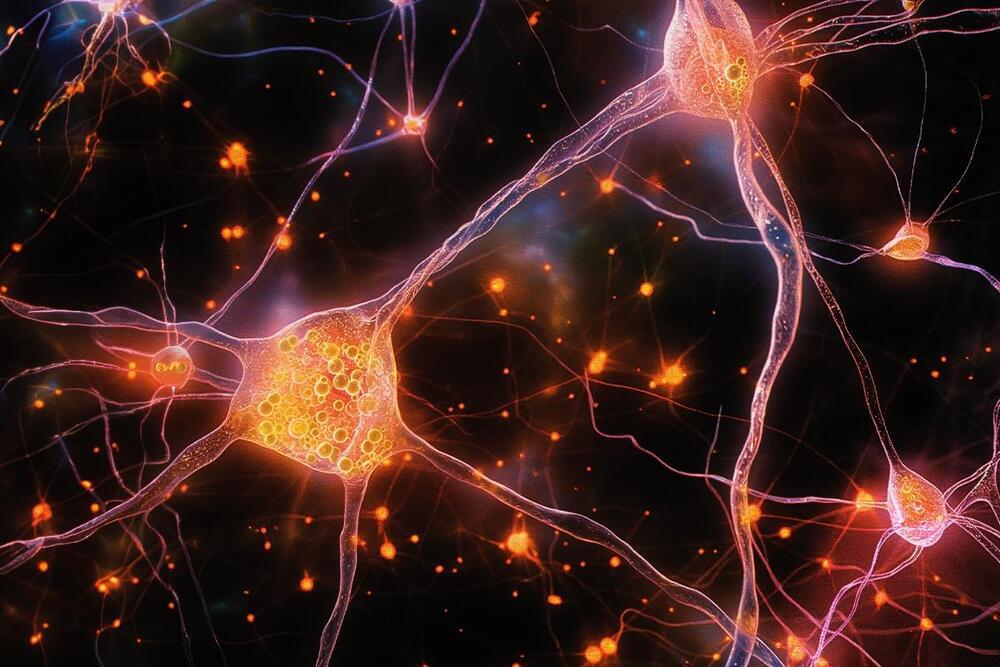Researchers at the Okinawa Institute of Science and Technology (OIST) have developed a potentially transformative approach to treating Alzheimer’s disease, A team from the former Cellular and Molecular Synaptic Function Unit have reported significant progress in reversing cognitive decline and restoring memory in transgenic mice using a synthetic protein. The findings, published in Brain Research, offer hope for a viable treatment to alleviate the debilitating symptoms associated with this neurodegenerative condition.
“We successfully reversed the symptoms of Alzheimer’s disease in mice,” explained Dr Chia-Jung Chang, first author of the study and presently a member of the Neural Computation Unit at OIST. “We achieved this with a small, synthetic peptide, PHDP5, that can easily cross the blood-brain barrier to directly target the memory center in the brain [1].”
Longevity. Technology: There is a pressing need to find effective treatments for Alzheimer’s; along with other forms of dementia, this debilitating disease currently affects approximately 55 million people worldwide, and this number is predicted to nearly double every 20 years, reaching 78 million in 2030 and 139 million in 2050. As well as a health burden, Alzheimer’s is an economic burden – the annual global cost of dementia has now rocketed to more than US$1.3 trillion, with a projected rise to US$2.8 trillion by 2030 on the horizon [2].
